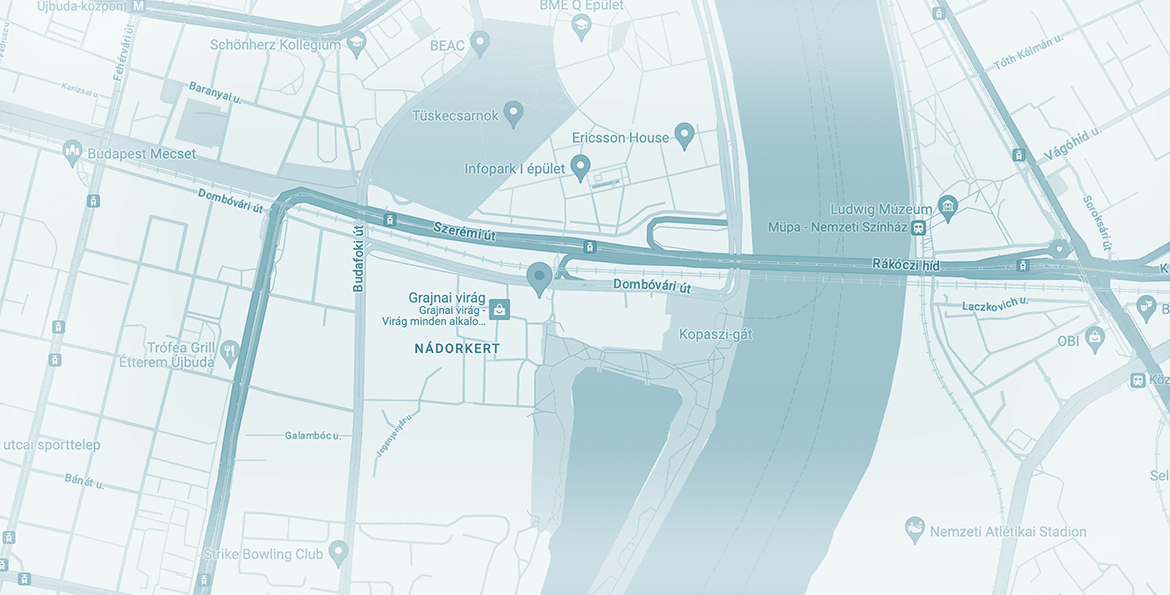
Hiring an employee involves more than just assigning tasks and processing salaries—you must also meet Hungarian tax and reporting requirements. Employers are obligated to submit monthly payroll reports, including salaries, tax deductions, and social contributions, ensuring compliance with the Hungarian Tax Authority.
With our comprehensive payroll services, we handle all payroll administration, reporting, and tax submissions on time, so you can focus on running your business stress-free. If you’re preparing to onboard employees and need support with HR administration and compliance, we’re here to help.
When you make a hire, you will agree with your employee on a gross salary. This gross salary will be the tax base for the employee and for your company. The employee pays a 15% personal income tax and a 18.5% social security contribution – however, they do not pay it directly: you as an employer will need to deduct these taxes from their salary and forward them to the Tax Authority on their behalf, while they receive only their net salary. At the same time, you are supposed to pay a 13% payroll tax on top of this. As a result, the total payroll cost for one employee will be 113% of their gross salary.
If you have employees on payroll at your Hungarian company, you will need to pay both them and the Tax Authority regularly on time. Our payroll services will help you keep track of how much you need to pay to whom and when based on applicable tax benefits as well as actual working time. We provide assistance for the administration of vacation days, sick leaves, and overtime alike.
Need more than just the basic administration? Check out our HR support service, and get help with creating and amending contracts, organizing obligatory yearly checkups and trainings, and setting up salary and tax payments in the internetbank.
Yes, there is a minimum wage in Hungary, defines as a gross monthly salary for a full-time job (40 hours / week). It is adjusted every year so it can remain a living wage in the face of inflation. Read more about it here.
The take-home-pay of your employee will be calculated based on their gross salary, taking into account any applicable tax benefits. To see how salaries and company costs are related, check out our online salary calculator.
Salaries need to be calculated monthly in order to take into consideration any circumstances out of the ordinary, such as overtime, sick leave, or paid time off. These will all influence the take-home-pay of your employee.
When your employees work outside of regular working hours, they must receive a wage supplement for their hourly wages:
In Hungary, commuting refers to cases when an employee’s permanent address is in a town that is different from the location of the workplace. In these cases, the law requires the employer to finance at least part of the commuting expenses. This reimbursement is tax free. However, employers may decide to reimburse all commuting expenses; the part above the legally required minimum will be taxed like regular salary. Learn more here.
When your business requires employees to work in positions that do not have regular schedules, you can apply a working time frame, which is also called allocated cumulative working time or working time banking. Instead of working 40 hours a week, the working time of your employees can be scheduled with more flexibility during a 16-week period. Please note that rest periods should still be observed, and wage supplements will still apply. Learn more here.
Yes, you can hire temporary workers, and the easiest way to do so is through simplified employment. For this, you don’t even need a contract, just an oral agreement (although a simplified contract is strongly recommended). The employment should be reported before your new hire starts working, and there is only a simplified daily tax to pay. Temporary workers usually receive an hourly wage that is based on the current minimum wage. Learn more here.
Everyone who is employed in Hungary pays taxes after their income. These taxes will include a social security contribution, which is normally 18.5% of the gross salary. Those who pay social security will automatically become insured and can take advantage of the free healthcare system of Hungary.
Monday – Friday
9am – 5pm CET
Helpers Finance Kft.
Budapart Gate
Dombóvári út 27
Budapest 1117, Hungary
If you’re visiting us, please use entrance A and come to the 2nd floor.
